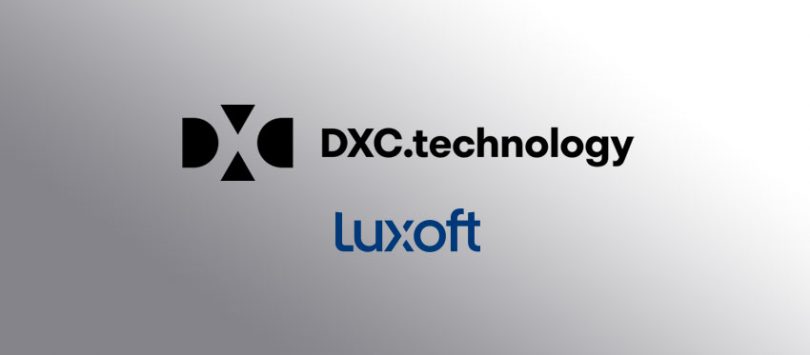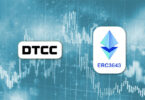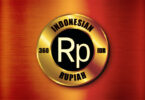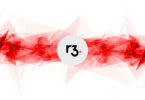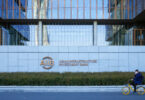Luxoft makes only a fraction of its revenues from blockchain but has nonetheless made a splash in the enterprise blockchain sector. Today it was announced that DXC.technology will acquire the Swiss-headquartered Luxoft for roughly $2 billion. DXC was created in April 2017 from the merger of Computer Sciences Corporation, Hewlett Packard Enterprise, and Electronic Data Systems (EDS).
Blockchain experience
Luxoft created an integration between Hyperledger Indy and R3’s Corda enterprise blockchain called “cordentity“. The project has been open-sourced under the permissive Apache 2 license. When it announced the integration in June last year, Vasiliy Suvorov, Luxoft’s CTO said: “By contributing the integration framework, we hope to enable faster innovation and help both Corda and the Hyperledger Indy communities to focus on building innovative applications and spend less time on technology integration.”
57% of Luxoft’s revenue is in financial services, but it’s also active in autonomous driving and automotive. In November the company unveiled a solution that uses the same “cordentity” technology for sharing electric vehicles. With shared autos, the issue is what if someone rents a car with a low battery charge.
“We’ve created a blockchain-based design that leverages a combination of verifiable credentials, distributed identities and business ready distributed ledgers to solve this very complex problem for carmakers,” said Suvorov.
The company was also involved in the high profile City of Zug blockchain voting project that ran last June. It was a pretty small test with only 220 people signing up. They found that 79% welcome the use of e-voting, and 52% think it should be introduced to make voting easier and quicker. However, using blockchain for voting is controversial as some believe it adds another set of risks.
About Luxoft
In the year to Mar 2018, Luxoft had revenue of $907 million and earnings of $57 million. 34% of revenues came from North America, 22.1% from the UK and 32.6% from the rest of Europe. But most of the software development is done in Eastern Europe which is home to 89% of its staff.
Although Luxoft is listed on the NYSE, Russia’s most prominent IT consultant IBS controls 33.2% of its Class A ordinary shares, 100% of the Class B ordinary shares and 83.2% of the voting power. IBS spun out Luxoft in 2013.

